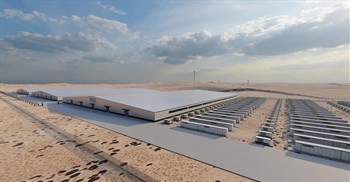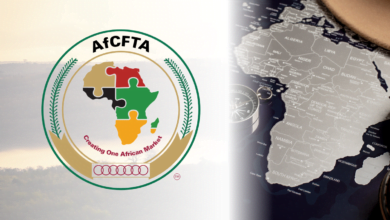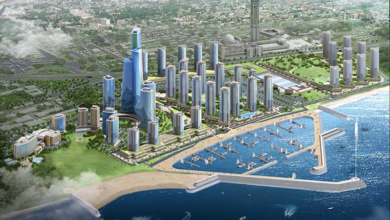Since it has reached the completion point of the Heavily Indebted Poor Countries (HIPC) Program in 2010, Togo continues to enjoy financial support from the Bretton Woods institutions, including the World Bank. The latter has just announced several measures to support Togo in the coming years, through Makhtar Diop, the institution’s vice-president for Africa, during his recent stay in Lomé. Interview
Interview by Blamé Ekoué
The World Bank Group has recently made strong decisions to support Togo. What are they? And what is the overall cost of these new measures?
We decided to provide financial support for three projects. The first signed agreement concerns a social security and basic services project for $ 29 million, or about CFA17.5 billion approved by the Board of Directors of the World Bank to help Togo to properly continue the implementation of its national policy for the development of social security.
The second project will allow not only for increased surveillance in animal health, but also for people’s health. Estimated at $ 21 million US, the budget for Togolese health aims to ensure that epidemics like those we experienced with the Ebola virus do not happen again. We will thus equip Togo with the means of detecting the first epidemic elements.
The third project, amounting to $ 15 million US, much more focuses on social issues and employability, with the financing of labor intensive works. It seeks to provide employment for vulnerable young people: I mean more sustainable jobs over time, in order to generate income for youth. In total, three projects have been funded – for a total cost of $ 65 million. It is an important financial support.
In addition to financing these three projects, your Institution also significantly increases its budgetary support to the Togolese authorities … People are talking about more than $ 350 million US?
Yes you are right. Already, over the next three years, we will increase our budget support to Togo, initially from $ 30 million US to $ 50 million US in support of the country’s macroeconomic and structural reforms. It is also a question of giving Togo a real margin of maneuver in the implementation of priority actions. For example, the country has made significant progress in budgetary management – but now it will have to be consolidated day after day. Our group must therefore be on the side of Togo for successful efforts. We have just decided to increase the total financing volume for Togo to $ 370 million US by 2030, a significant increase which may eventually be reviewed upwards…
What mechanisms would make it possible to ensure the sustainability of these new funding?
What we expect is mainly an improvement in the so-called CPIA – or « the indicator of implementation of policies and reforms in supported countries.” And I can tell you that we are not the only ones to be already very satisfied with Togo. I am referring, of course, to discussions between the country and the International Monetary Fund (IMF). This partner, like the World Bank, thinks that Togo is in a position to implement the right reforms. I also believe that a new meeting will soon be held between the Togolese authorities and the IMF – which already financed $ 238 million US at the beginning of the year – to see how the country could enjoy more important financial support.
Is Togo an isolated case in the expansion of financing, or is it all about the entire sub-region?
It is true, the volume of funding granted to Togo is increasing. But it is not the only country to benefit from such budget support in the coming years. The World Bank will provide substantial financial support to sub-Saharan Africa over the next three years to help some countries in economic reform and diversification to return to growth. The new strategy we propose therefore aims to help this area create the conditions for more inclusive and sustainable economic growth, driven by a dynamic private sector and effective public policies on a case-by-case basis. For example, in Togo, this is part of our support for the National Development Program. However, the goals are often the same, including the strengthening of the private sector performance, the promotion of economic and social inclusion, sustainability and resiliency.





